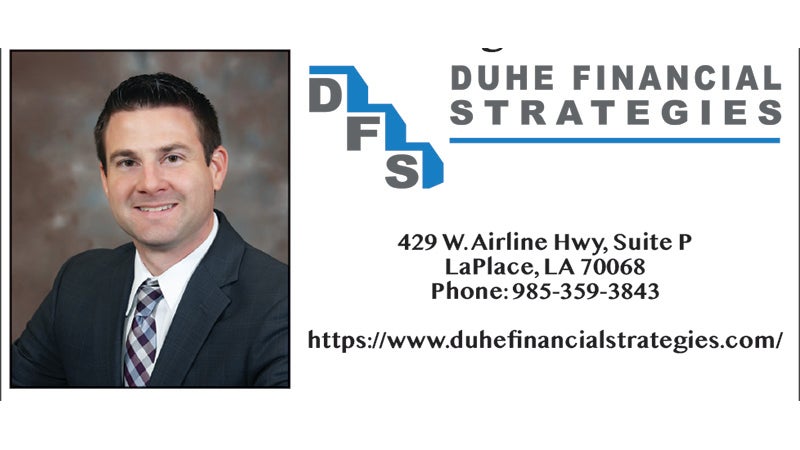Different types of buy-sell agreements for business
Published 9:00 am Sunday, September 26, 2021
|
Getting your Trinity Audio player ready...
|
If you own all or part of a business, you should know about buy-sell agreements. A buy-sell agreement is a legally binding agreement that requires one party to sell, and another party to buy a particular ownership interest in a business.
A business buy-sell agreement can be designed to protect the enterprise from certain triggering events, the most common of which are often referred to as the five D’s:
• Death
• Disability
• Divorce
• Departure (either voluntary or involuntary)
• Disqualification (pertains to malfeasance that would require an individual to be removed from an ownership position).
Establishing the buy-sell agreement should be supervised and executed by an attorney. The structure of the buy-sell agreement can vary, and the owners of a company, with guidance from their legal and financial professionals, can determine which structure best fits their needs. The two most common types of buy-sell agreements are entity-purchase and cross-purchase agreements.
Entity-purchase agreement
Under an entity-purchase plan, the business purchases an owner’s entire interest at an agreed-upon price if and when a triggering event occurs. If the business is a corporation, the plan is referred to as a stock redemption agreement. In the context of a partnership, it is called a liquidation of interest. If life or disability insurance is used to fund the agreement, the business owns and is the beneficiary of insurance on the lives of each stockholder and then uses the proceeds to purchase (redeem) their stock at death or disability. This plan can be relatively straightforward as the business is the owner, premium payer and beneficiary of the policies. If whole life insurance with cash value is used as part of the agreement, the cash value is recorded as an asset of the business on the balance sheet. It is important to note that, depending on the structure of the corporation, there are different tax implications to consider when using an entity-purchase plan.
Cross-purchase agreement
The use of a cross-purchase plan for a corporation requires each stockholder to purchase and own life insurance on the lives of the other stockholders. Each owner would pay the premiums and be the beneficiary of the policy. The face amount of the insurance would be calculated based on the other’s ownership interest. Upon the death of one owner, the insurance proceeds would be used to purchase the ownership interests from the deceased owner’s estate or family. This plan may become too cumbersome if there are more than two stockholders. In this situation, the owners could use a “trusteed” cross-purchase arrangement. Here, a trust would own one policy on each stockholder and represent the others in the transaction, eventually distributing the deceased shareholder’s stock to the remaining stockholders. Disability buy-sell insurance can also be used in a cross-purchase agreement to facilitate transfer of ownership upon the total disability of a stockholder.
Whether your plan is structured as an entity-, cross-, or trusteed cross-purchase agreement, the taxation of premiums and benefits are the same. The premiums paid are not tax deductible, but the benefits are generally received income tax free.
Protect what you have built
You have built your business with the hopes that it will withstand the test of time. Unfortunately, there are a lot of elements out of your control that can affect the success of your business such as death or disability. It is possible to plan for these contingencies and ensure that both your business and the well-being of your family are able to survive an unforeseen event.
Provided by Shane J. Duhe, a financial representative with Duhe Financial Strategies, courtesy of Massachusetts Mutual Life Insurance Company (MassMutual)
©2021 Massachusetts Mutual Life Insurance Co, Springfield, MA 01111-0001 CRN202307-283786





